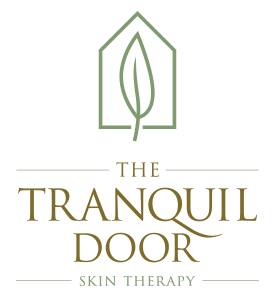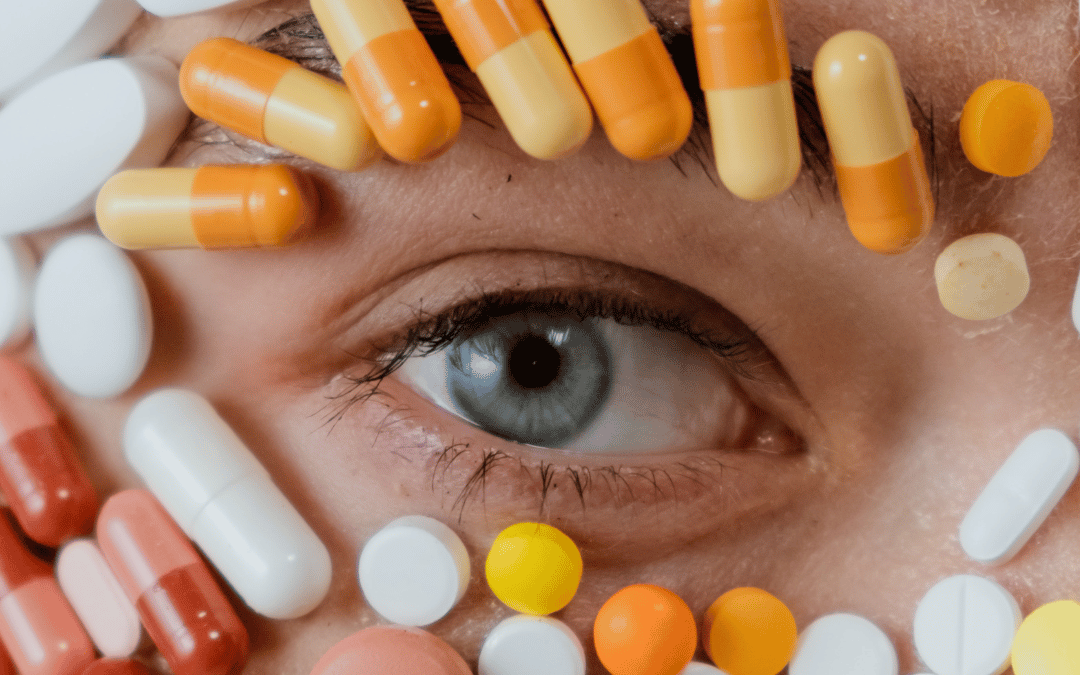When it comes to acne, the most common medications prescribed are antibiotics, hormonal birth control and isotretinoin (known by the common brand names Roaccutane or Accutane). There are benefits to each and also some downsides. Detailed below is a handy summary of each.
Antibiotics.
Pros.
Available directly from your GP. They work quickly to clear bacterial acne and lessen the potential of deep scarring by clearing acne in a matter of weeks.
Downside.
If your acne is predominantly fungal-based, antibiotics won’t have much effect. For some people, skin irritation and rashes can develop. You will unlikely clear your acne with just one round of antibiotics. Still, repeated rounds are not a long-term solution because you can’t be on them forever. And, of course, we know the effect on your gut health – poor gut health can also affect your skin health.
Hormonal birth control
Obviously available only to women. Birth control works by balancing out the hormones responsible for oil production in the skin. The most popular form of hormonal birth control prescribed to treat acne is a combination pill containing oestrogen and progestin.
Pros.
Readily available directly from your GP. They act quickly and can lessen the overall severity of your acne.
Downside.
Oral contraception has many general side effects, and you should discuss these with your GP. However, as far as the skin is concerned, one of the most common is Melasma – a skin condition that results in patches of pigmentation on the face – forehead, nose and cheeks. This pigment can be quite pronounced and difficult to treat, although not impossible. The other point is that oral contraception doesn’t work for everyone. And, if, down the track, you decide to stop taking the pill, you may get what is commonly referred to as “post-pill” acne. You could get this even if you had never had acne before taking the pill.
Isotretinoin
Another option is the prescription drug isotretinoin (known by the common brand names Roaccutane or Accutane), which is taken in pill form and works by reducing the amount of sebum produced in your skin. While it can effectively treat severe acne, its use comes with some risks.
Pros.
It can act to clear acne quickly and therefore lessen the overall impact of your acne in terms of its progression.
Downside.
It is only available via a Dermatologist. The powerful effect on the sebaceous gland can often result in dehydrated, flaky and sensitive skin. The skin can also thin and be very susceptible to scarring. There are other serious side effects; you need to discuss these in detail with your dermatologist. Your acne may reappear once you have completed your course, and it is common for people to have multiple rounds.
Final thoughts.
Obviously, it goes without saying that whatever you decide, you must discuss acne medications in detail with your doctor and ensure you fully understand what’s involved. Regardless of which acne medication you choose (if any), you will still need to put in place a skin routine with suitable products to help you manage your skin’s healing. If you want to learn more about your acne, book a detailed consultation and explore options to help you manage your skin.
© 2023 The Tranquil Door. All Rights Reserved

